God Of War: What Does The Ending Really Mean?
Somebody is bound by glorious purpose.
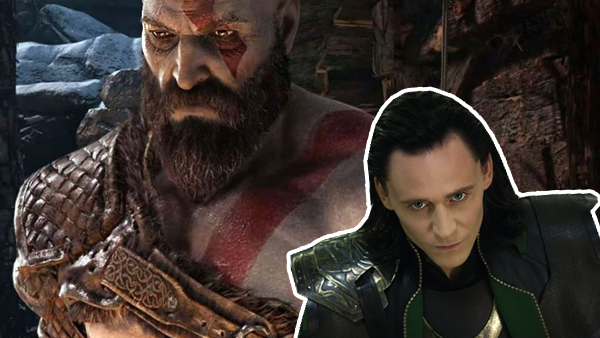
As all the world seems to be talking about right now, and for good reason, God of War's PS4 debut is one for the ages. A complete reimagining of one of gaming's most one-note characters, the maturation of his once psychotic tendencies has produced a broken husk of a former god doubling as a single father, looking to settle down whilst being drawn back into a life of slaughter.
So, how does it all end?
- MAJOR & FULL SPOILERS AHEAD -
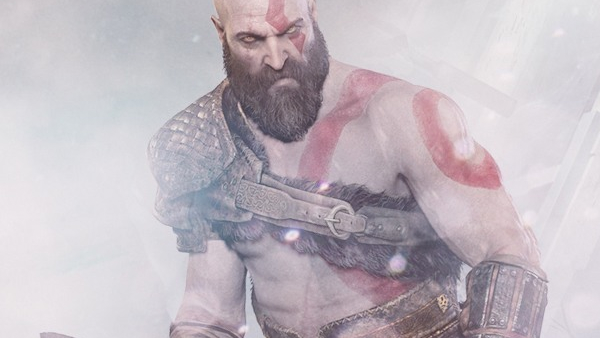
There's a good bit to unpack as far as future sequels go (you can check over here for a more in-depth breakdown of what I'm referring to) but sufficed to say, the first major talking point is we find Tyr, a Norse God with a penchant for exploration, appears to have uncovered a way to travel between all the different mythologies of the world.
I'm using the word "mythologies" as it's what we refer to them as in the modern day, but basically, using something called the "Unity Stone", Tyr has uncovered existence of Greek gods (where Kratos was originally from), alongside Egyptian and two more.
It confirms that all the various gods, fables and mythologies of the world are - in this franchise - existing alongside one another on the same planet. Greek gods assumedly reside IN Greece and its surrounding areas, with Norse being... within walking distance, if we're going off Kratos ending up there.
That's all for the far-flung future, as Sony have already confirmed the next game will continue the Norse theme. In fact, God of War's secret ending - triggered by going back to the family home after the first set of credits - heralds the arrival of Thor himself.
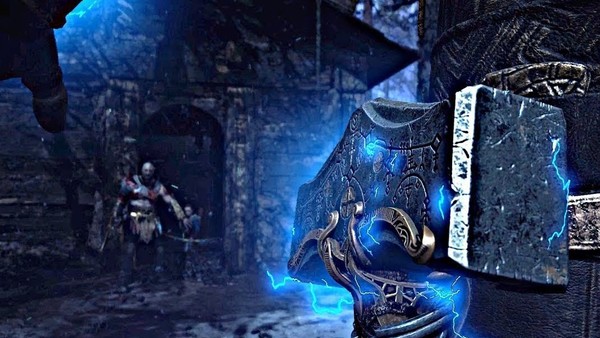
We only see a hooded God of Thunder wake our heroes from their sleep "years later" (and Atreus later refers to this as a dream that "felt real"), but the camera cuts to a lightning-crackling Mjolnir on his belt, as Kratos yells, "WHO ARE YOU?!" and we cut to black.
Back to the main ending, and the second major twist is that Atreus is actually Loki - or rather, it was his "given" name, and what the Giants used in a series of murals (more on them in just a second) to refer to him.
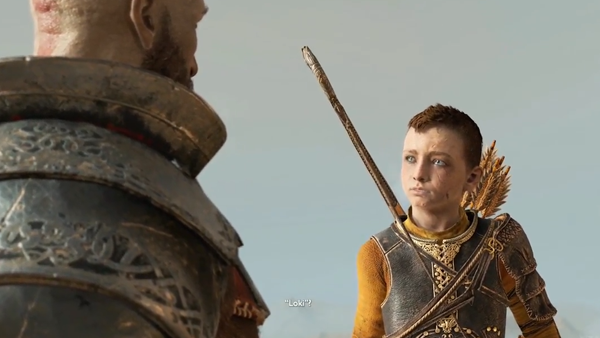
Loki is the God of Mischief, though the Marvel movies have played up his brotherly bond to fellow god Thor way more than how real Norse mythology dictated. It looks like God of War will play its canon far closer to real life fables, as Odin and Thor are clearly villains, and Atreus/Loki may retain his allegiance to the Aesir (a warring faction in the land that gets mentioned frequently).
Speaking of which, mother Faye is clearly going to be a major part of this canon going forward too - or at least, her influence is.
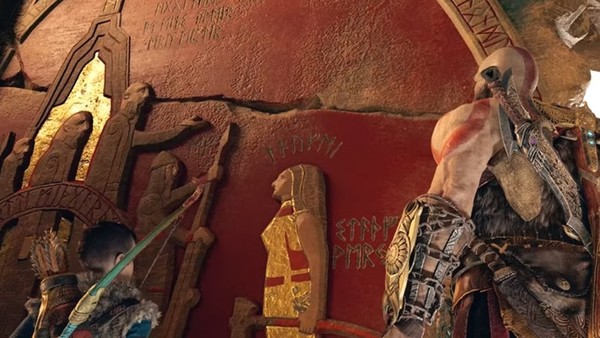
Those murals I mentioned show the entire journey we went on was foretold by Faye; etched into the walls of the mountain temple in Jotunheim. Not only was she descended from Giants herself (the last of her people), but the Leviathan Axe Kratos now carries was created to help bring about peace and protection (you get this latter tidbit by talking to Sindri and Brok).
We don't see Odin in the flesh, yet he did adopt a young Loki after killing his Giant father in standard Norse mythology.
The final panel of Faye's etchings - that Atreus doesn't see, but Kratos does - is Kratos lying dead, with Atreus hearing his dying words.
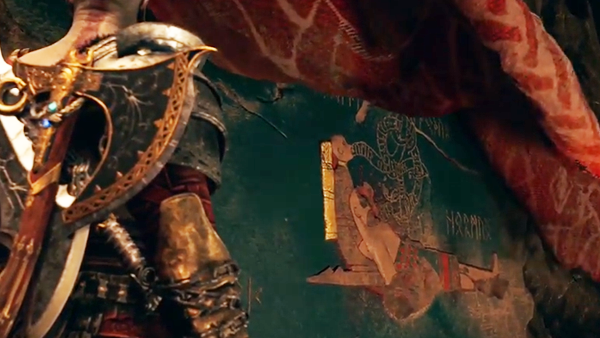
Clearly Kratos isn't going to die YET, but note that upon seeing the other drawings, he poignantly says to Atreus, "This is your story", with the ultimate message of the game reflecting past entries and their overblown gore, with "We need to be better".
Brilliantly, they use a side of Kratos in the mural that doesn't include his tattoo, with a handily-placed scuff mark obscuring his marked forearms. It COULD mean there's someone else Atreus is mourning over.
A potential storyline for the sequel overall might focus on Atreus being separated as Thor/Odin kidnaps him (we know Thor is at the family home, after all), seeing the game explore the ramifications of war, family and factional allegiances amongst the wider realms. It feels like the next logical place to go - not to mention the potential for journeying to Egyptian or other mythologies.
Will Kratos make it through though? And just how do Sony Santa Monica want to write their version of Loki?Time will tell.